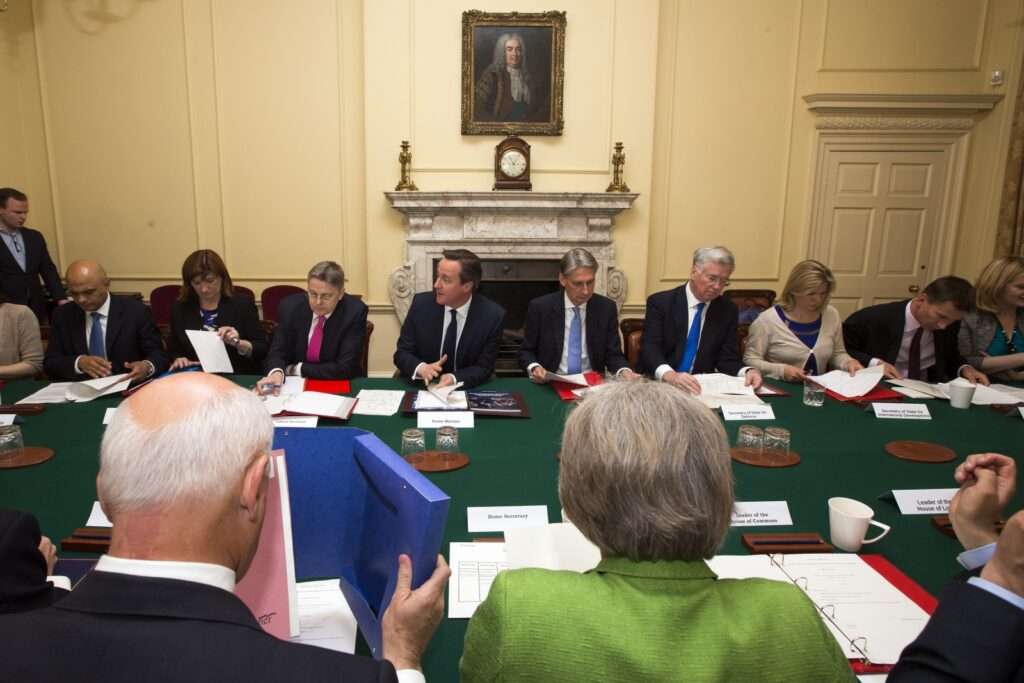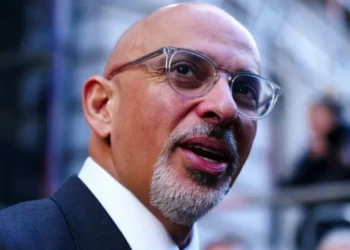Following Rishi Sunak’s surprise announcement of a general election, Tory MPs are grappling with a range of emotions and strategies regarding their electoral futures.
The decision to hold the election in July, despite the Conservatives being significantly behind in the polls, has sparked a mix of resignation, defiance and strategic maneuvering among the party members.
Many Tory MPs, including several government ministers, expressed feelings of gloom and resignation upon hearing the news. Some even handed over their official documents to their opposition counterparts, indicating a sense of surrender.
The party’s current polling deficit, described as the largest for an incumbent party since polling began, has added to the despondency among MPs who had anticipated a later election to allow for economic recovery and other factors to play out.
Despite the challenging circumstances, there is a notable group within the Tory ranks who remain committed to fighting the upcoming election.
These MPs argue that while the national outlook appears bleak, they will continue to engage with voters locally, aiming to secure their seats regardless of the broader electoral tide.
This determination is particularly evident among MPs representing marginal constituencies, who view the election as an opportunity to demonstrate their resilience and commitment to their constituents.
The decision to proceed with the election in July was not universally supported within Sunak’s inner circle. Debate among his advisors revealed differing opinions on the timing, with some advocating for a delay until the autumn to capitalize on potential economic improvements.
However, others argued that delaying could risk losing momentum and failing to seize the initiative, especially given concerns about the pace of economic recovery and the perceived lack of credit the government might receive for such progress.
The announcement has also prompted reconsideration of certain policies, including the controversial Rwanda deportation flights and smoking policies, which have been shelved ahead of the election. This suggests an attempt to distance the party from contentious issues that could potentially alienate voters.
Mixed Reactions Arise Within Party And The Public

The immediate reaction from both within the party and among the public has been mixed. While some Tory MPs express optimism about the potential for a bold strategy to catch Labour off guard, others acknowledge the significant challenges posed by the unfavorable polling numbers and the logistical hurdles associated with mobilizing support under these conditions.
One veteran MP in a marginal seat said, “Of course I’m going to fight it, I don’t believe in just giving up like the prime minister has obviously decided to.”
Another MP whose seat is on a knife-edge was prepared to embrace the call.
“I think there are colleagues who are more bound to lose than me, who perhaps feel it is a little indelicate,” the MP said, hinting that Sunak had thought little about the employment and financial prospects for his cast-out troops.
Others were more upbeat. One even welcomed the move, saying Sunak “might as well go for broke.”
He added, “It looks bold, catches Labour off guard, and flights to Rwanda might happen during the campaign. The timing matters less than the actual fight, and there’s a small advantage in going for it.”
Sunak has subsequently admitted that no flights will take off before the election.
Another suggested that it was a “perfectly respectable aim” for the prime minister to try to minimize losses and deprive Labour of a big majority, although laughed when it was suggested the Tories could still pull it back.
The aftermath of Rishi Sunak’s election call has exposed deep divisions within the Tory party, with MPs facing a complex blend of personal and political decisions regarding their electoral strategies. The party’s ability to navigate these challenges will be crucial in determining its performance in the upcoming general election.
READ ALSO: Ghana’s Crude Oil Production Decline By Over 9% Amid Investment Challenges























